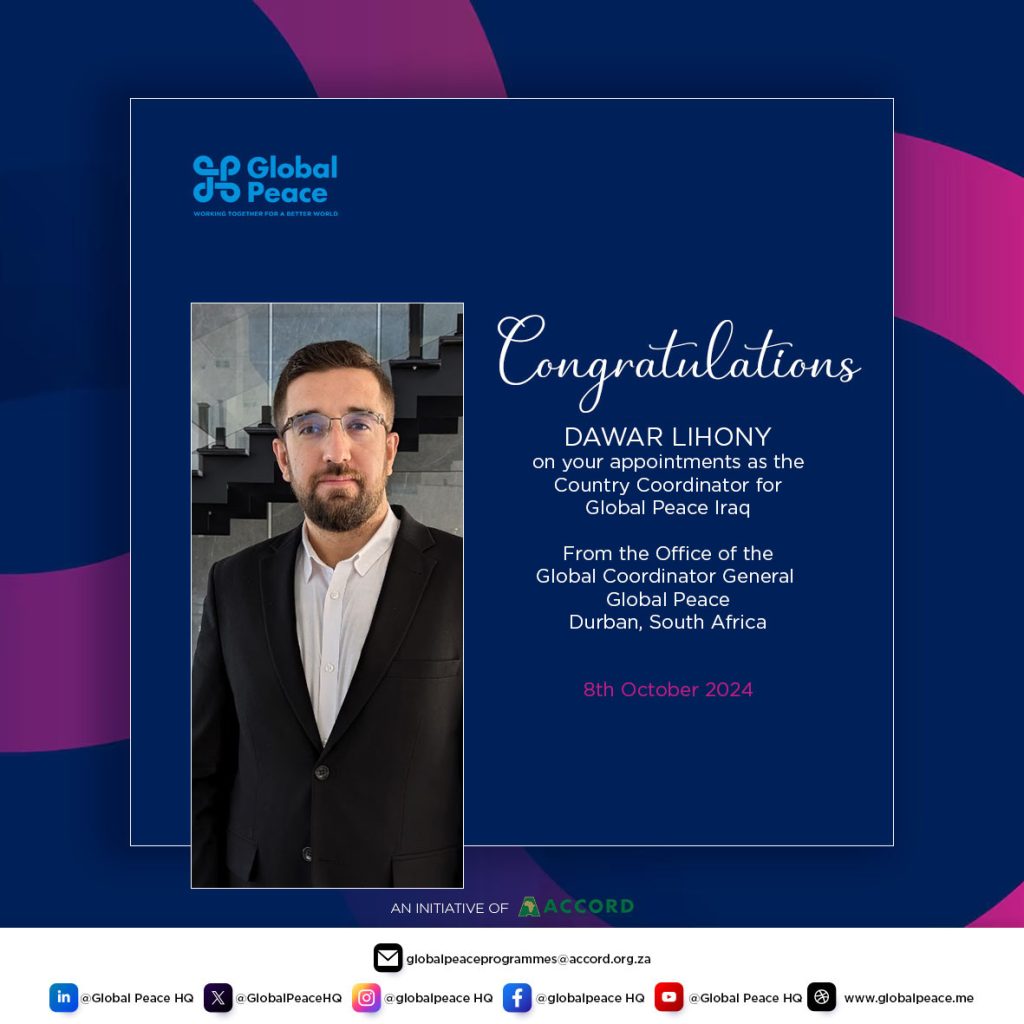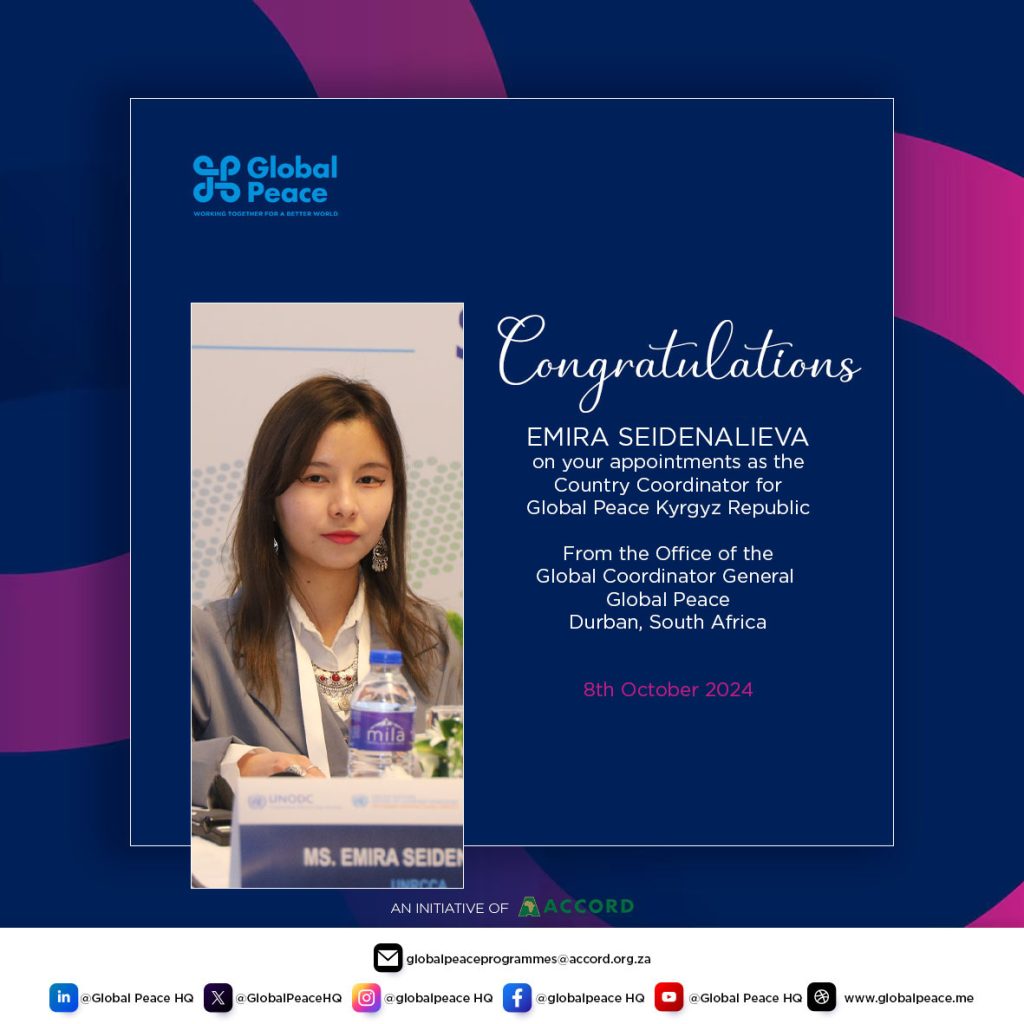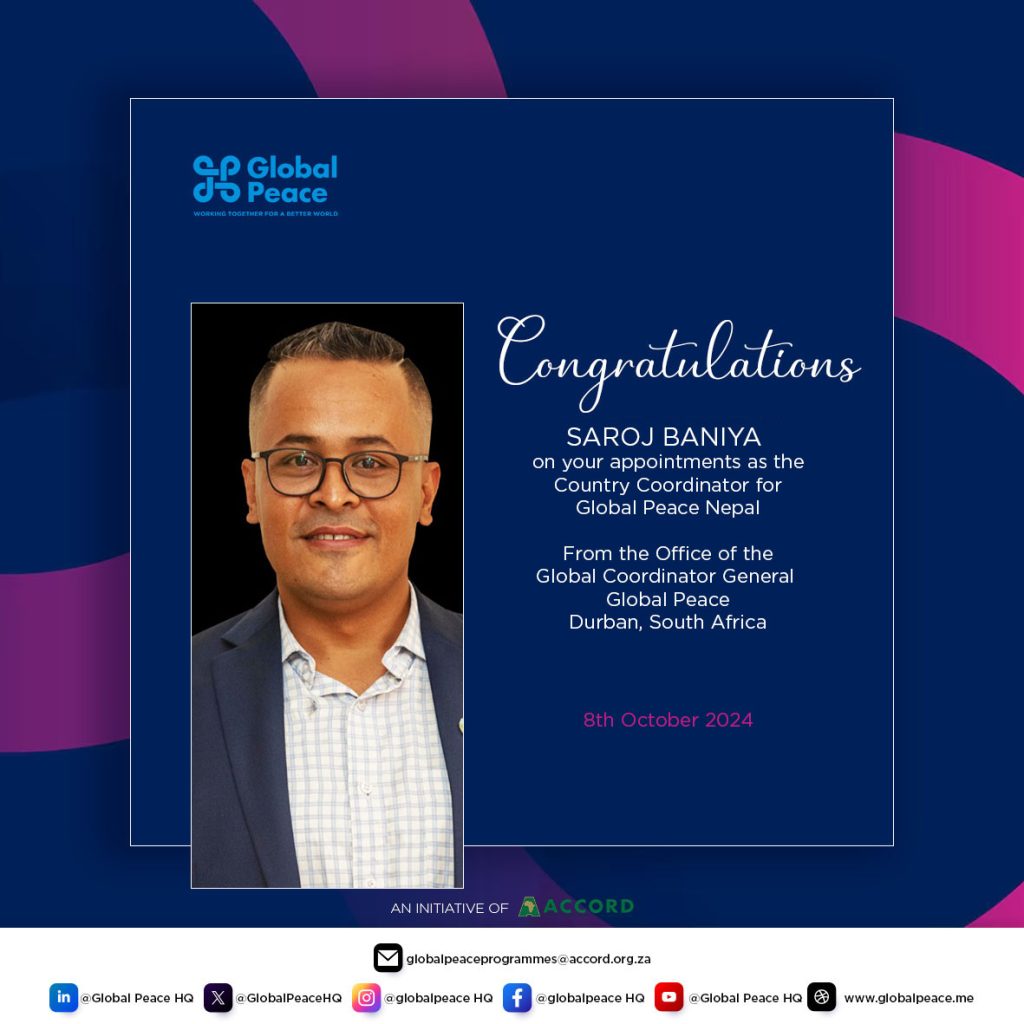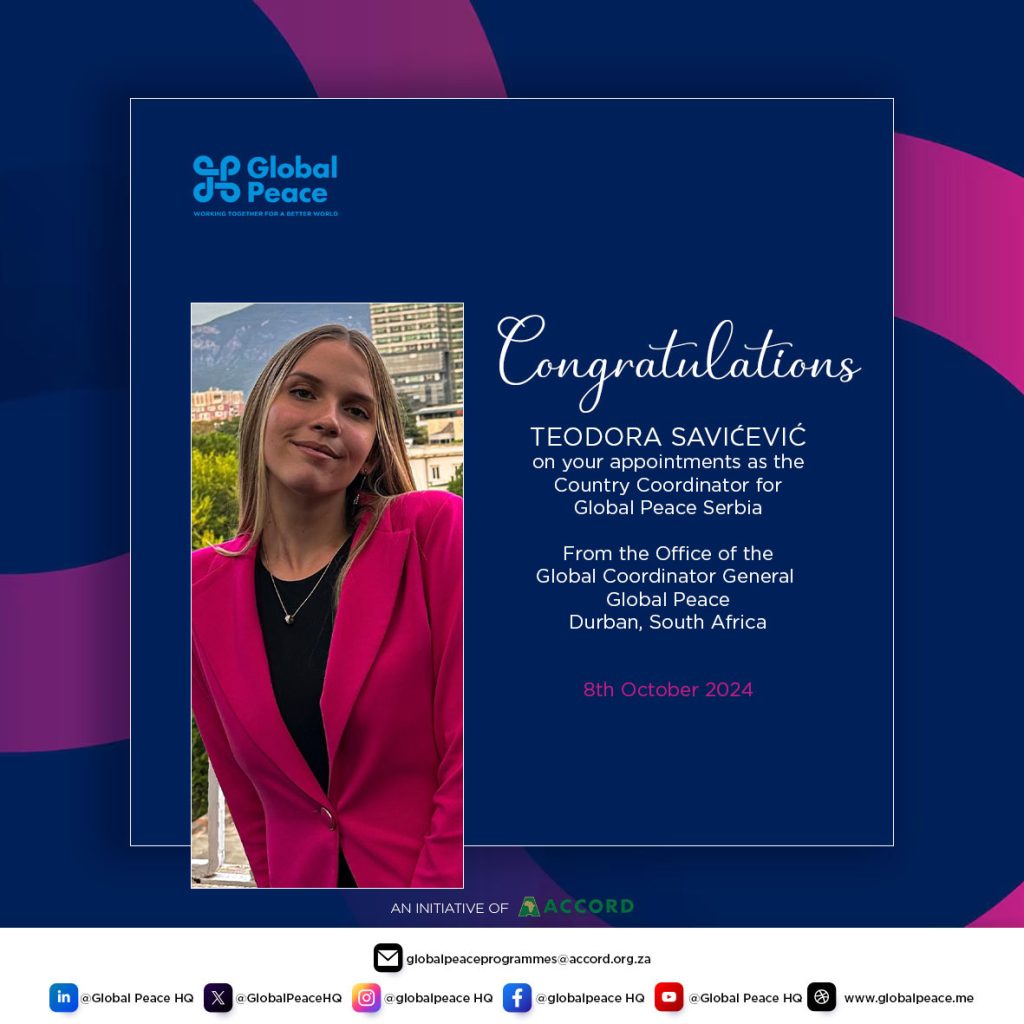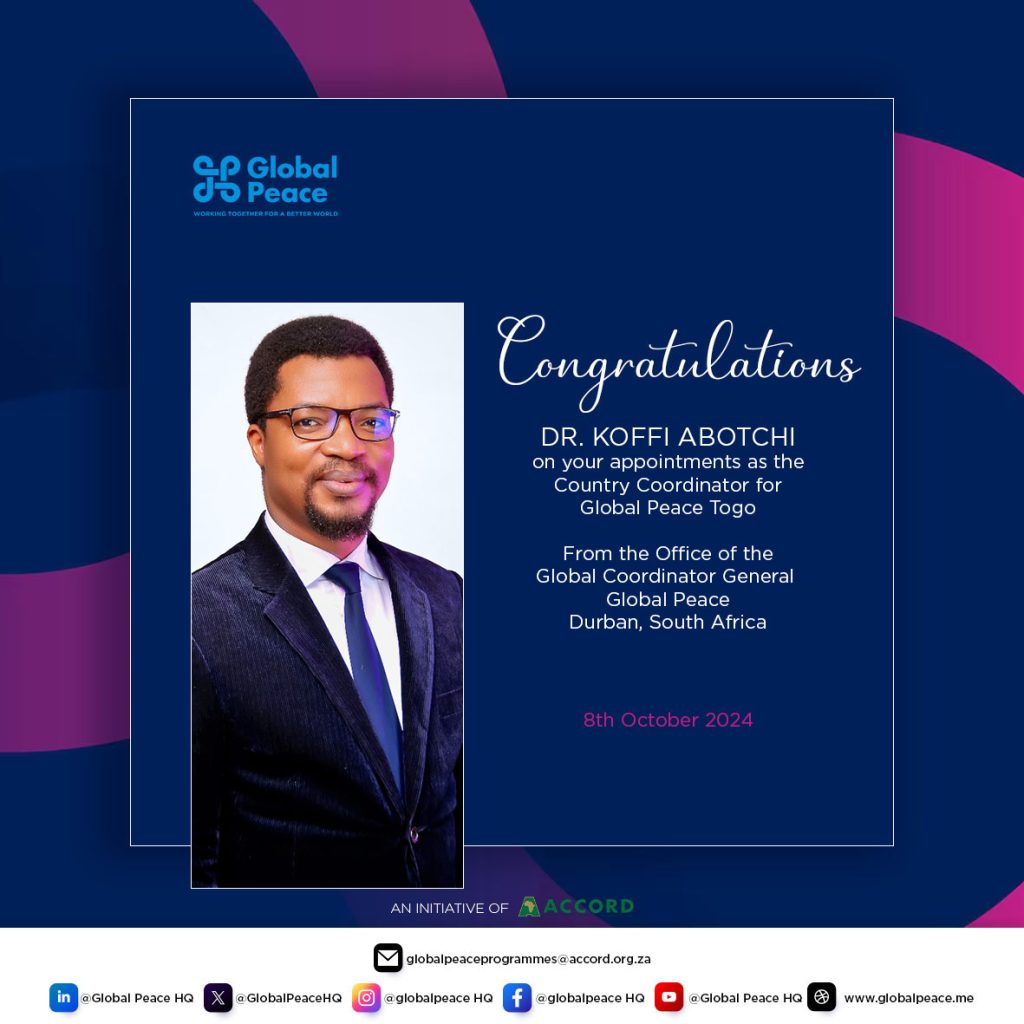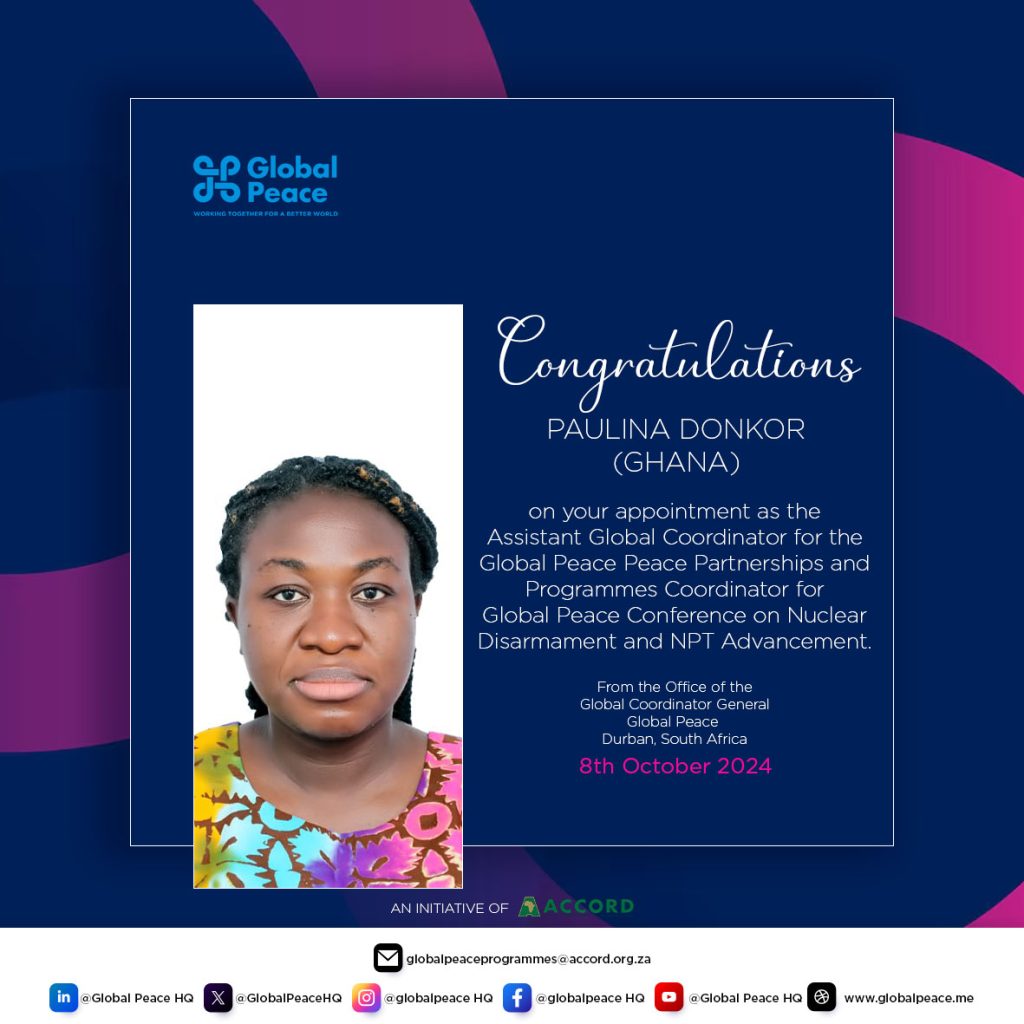UN75 officially launched its global dialogues towards commemorating its 75th anniversary with a youth dialogue. Hosted by the United Nations Secretary General, António Guterres, on 29 January 2020, the dialogue included six youth leaders; Jahan Rifai, from Jordan, Natalia Herbst from Argentina, Eleonore Pauwels from Belgium, Ahmit Joshi, from Nepal, Cristina Petcu, from Romania, and Isaiah Owolabi, from Nigeria. The dialogue focused on youth in the “driver’s seat” engaging in important discussions on pressing global issues, and on what they would want the world to be like in 25 years when the UN turns 100 in 2045. The six young leaders were given the opportunity to share their opinions and ideas on what changes they want to see and what possible future role the UN can play in dealing with its challenges.
The conversation topic was kept open and guided by questions about the future. The Secretary General opened with a question: “In 25 years, do you think the world will be better, worse, or the same?” Most of the youth speakers as well as those in attendance claimed that the world would be better off than it is now due to the accomplishments the world has made in the past few years, like the decrease in HIV and AIDS, the increase in young girls enrolling in school, greater technological advancements, increased health. However, each speaker believed that there still is more that can be done and as Jahan Rifai expressed, “the world may be ‘better’ but that does not mean it will be ‘good’” and a clear roadmap is needed if 2045 is to look better than 2020.
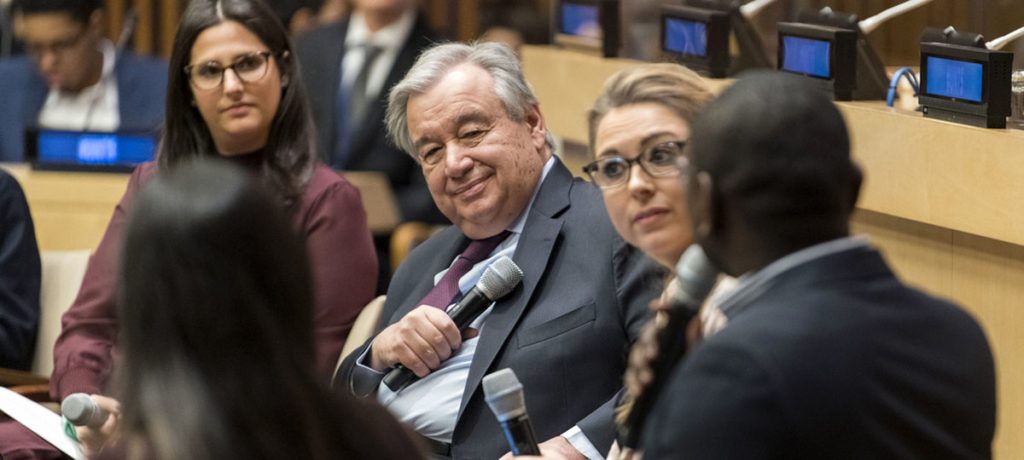
The speakers were also asked the following questions: What are three changes you want to see? What are the obstacles and push backs that worry you? Where do you see the UN playing its role, and what should it do better? Seeing improvements with gender equality, climate change, the use of artificial intelligence and privacy security for young people, and a better control of the spread of misinformation were some goals for how the world can improve globally and that shifts in power dynamics, risk multipliers like poverty, and continued trends supporting inequality are some of the obstacles that are keeping the world from a brighter future. The dialogue ended with comments and inputs from youth in South Sudan, who joined the live event together with the UN Youth Envoy, who is currently visiting the youngest country in the world with over 70% of its population being under thirty.
In summary, the conversation facilitated by the UN Secretary General brought to light the concern by the youth of climate change, the spreading of misinformation, and what they feel the UN should be doing, such as including young people in decision-making on governance; using the 75th anniversary to reflect on more ambitious reforms and new norms; and even the possibility of having a Secretary General that is younger than 40.
With the UN75 global dialogues officially launched, Global Peace is keen to continue with its hosting of its Inter-Generational Dialogues across the world in collaboration with UN75 towards building cooperation, tolerance, and shared values; building economic growth; preserving the environment; and sharing knowledge for human progress.
The Secretary-General will present the opinions, ideas and solutions generated through the various UN75 dialogues globally, and an online survey initiative, at a high-level summit for world leaders in September. The Global Peace is looking forward to playing its role in supporting the UN better meet the needs and aspirations of ‘We the people.’
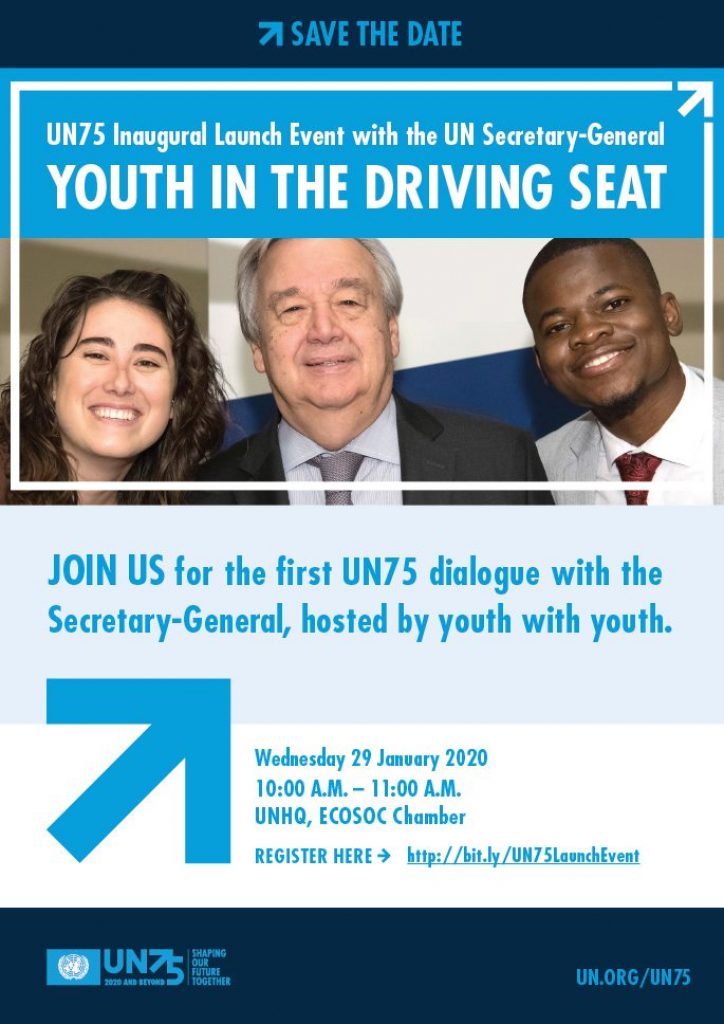
For more details on the UN75 Youth Dialogue, click here.


